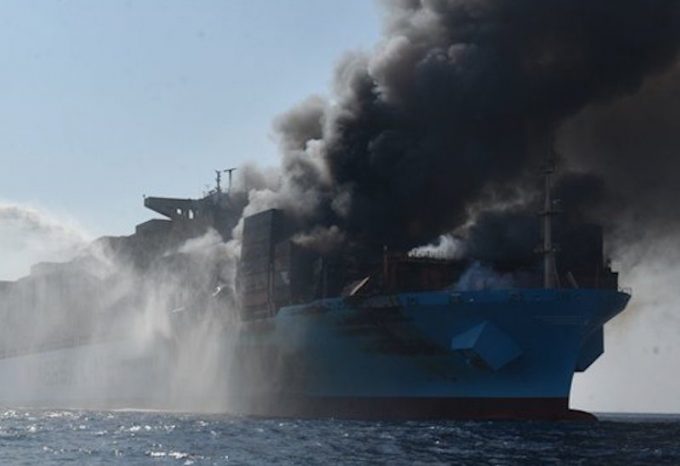Container explodes on Yang Ming box ship in Chinese port
This post was edited at 10am BST on 12 August to include comment from Yang ...

After the first boxship fire of the year was deemed to have been caused by misdeclared lithium batteries, forwarders have warned that shippers need to be better educated about cargo declarations, or face increased regulation.
According to Chinese shipping line Cosco, the fire onboard its 10,000 ...

Comment on this article